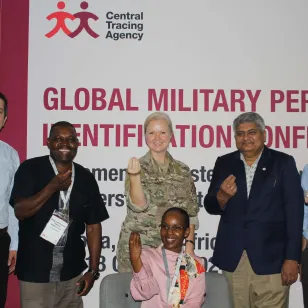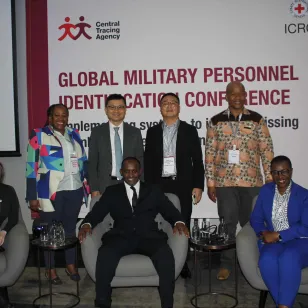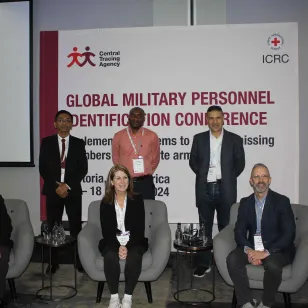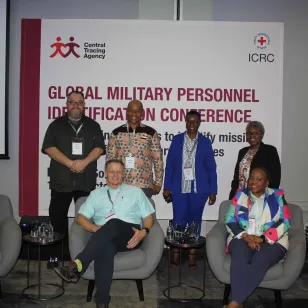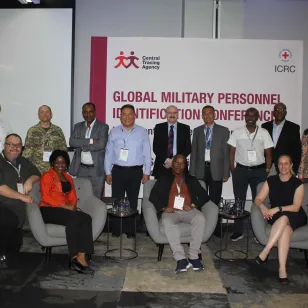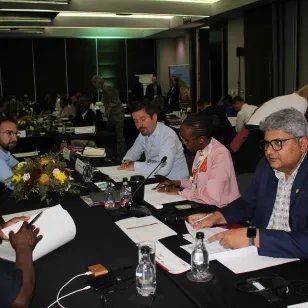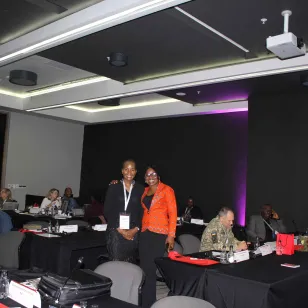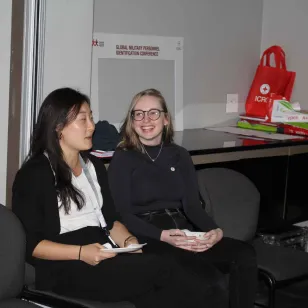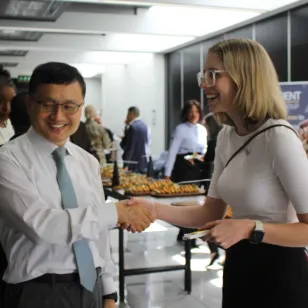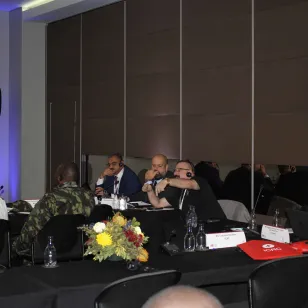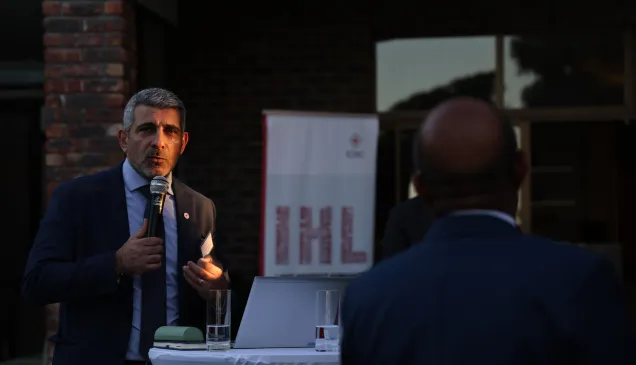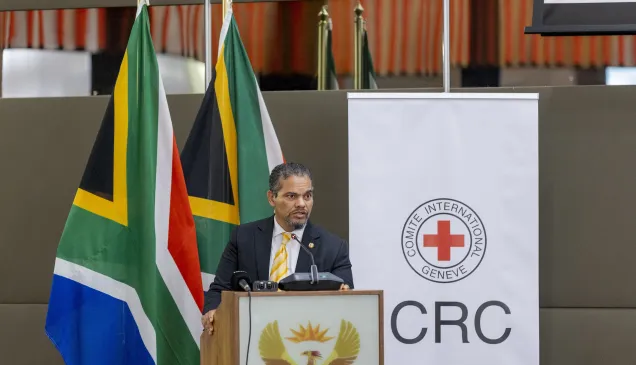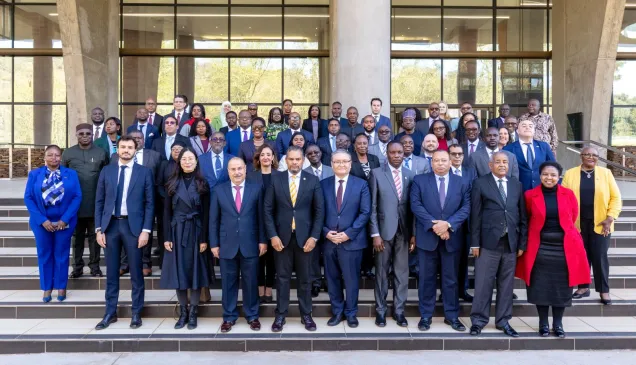South Africa: Global Military Personnel Identification Conference
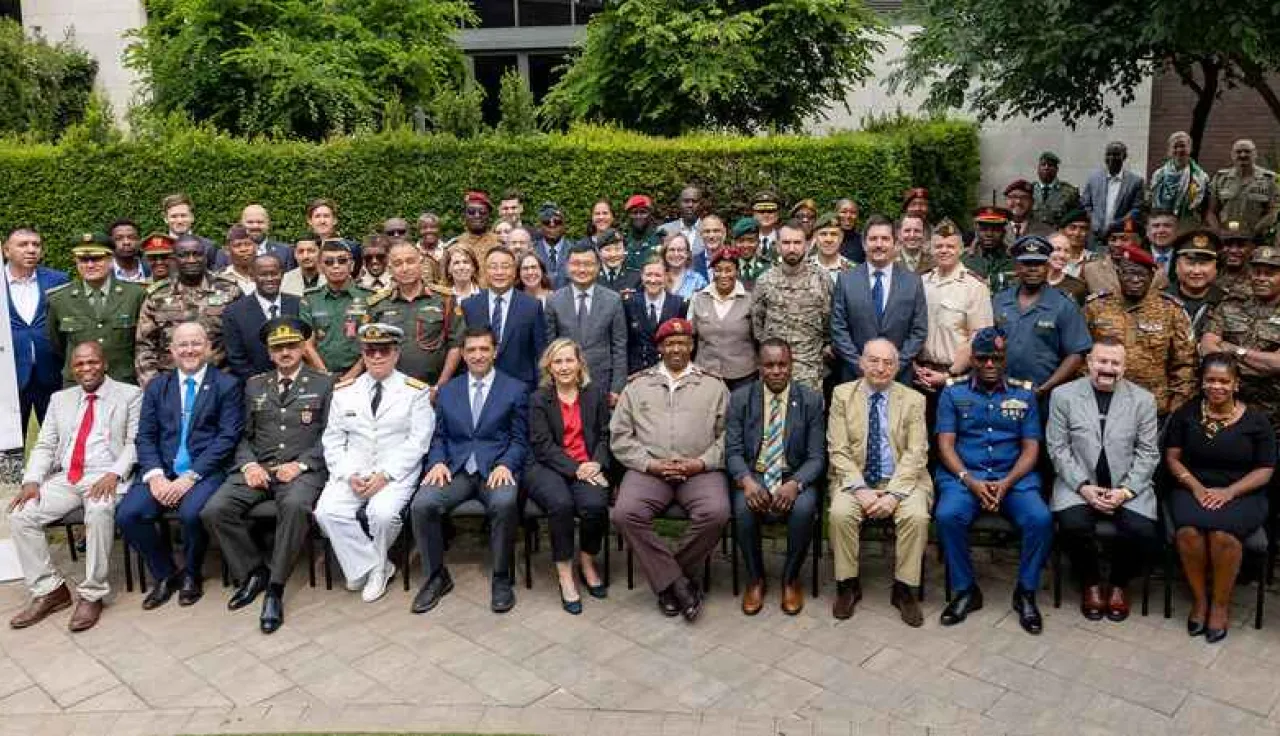
Launched in late 2023, the Central Tracing Agency’s Military Personnel Identification Project (MPI) is a 3-year initiative led by the African Centre for Medicolegal Systems (ACMS) in Pretoria, South Africa. It brings together State armed forces from around the world to draft International Guidelines for Military Personnel Identification and Mortuary Affairs, which will ensure that during, and in the aftermath of armed conflict, deceased members of the State armed forces are searched for, recovered, identified, and their families informed of their fate in a timely and systematic manner.
The project started with a survey that received 82 replies from State armed forces in 51 countries, and provided a baseline understanding of capabilities and capacities within the State Armed Forces to respond to the missing and dead on the battlefield. Several online working group sessions with representatives of State armed forces followed, to define various activities both on the battlefield but also within the civilian medicolegal system that can ensure bodies were respectfully recovered and identified as well as families notified and supported
The Global Military Personnel Identification Conference in Pretoria, South Africa took place from 15 – 18 October 2024 and brought together 68 participants, representing 39 state armed forces from all regions and the Commonwealth War Graves Commission.
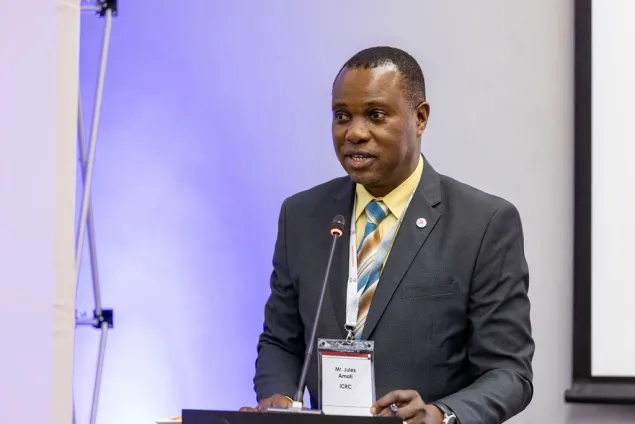
Experts presented the various stages in a professional identification process, starting with search and recovery of bodies through to their examination and forensic identification, all carried out while families are being regularly informed and supported. Concrete examples were provided by several countries. Working in groups, military personnel at the conference discussed and reported on all phases of healthcare in a military setting, and debated what is needed to be developed or how to improve doctrine, preparations and response to military identification and mortuary affairs.
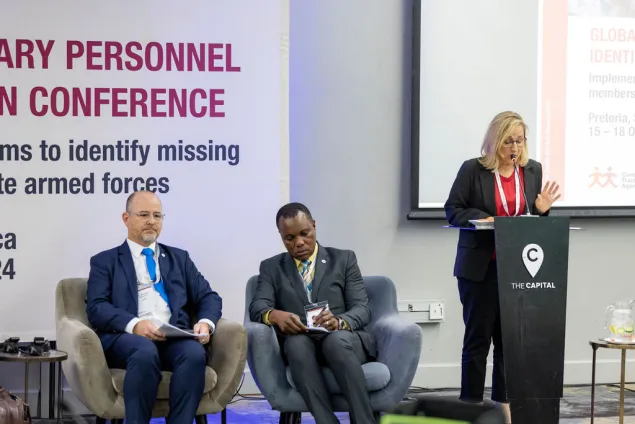
The MPI project and the conference reaffirms CTA's pivotal role in collaborating with and advising state actors on preparation and planning to effectively respond to cases of missing and dead civilians and combatants. These efforts do not start at the onset or during a conflict but to deliver professional practices, efforts must be initiated during peacetime. An understanding of military operations on the battlefield and medicolegal practices in the mortuaries and forensic laboratories ensures that missing and dead military personnel are search for, recovered, identified and returned home without adverse distinction. Coordination between military and civilian authorities are key to identifying bodies, notifying families and thereafter providing support. Lessons learned from previous conflicts have shown the importance of State armed forces taking proactive measures that include issuing of numerous items of material identification to be worn by the bearer (E.g., identification discs or “dog tags”) and the systematic collection of personal information, fingerprints, records and DNA samples from service personnel prior to their deployment for potential future comparison.
Reactive measures take the form of conducting professional search and recovery operations on the battlefield by trained teams, relying on techniques already well developed within the civilian forensic community. By adopting both proactive and reactive measures, authorities benefit from advances of forensic identification processes that are likely to reduce the number of combatants who otherwise would go missing or remain unidentified.

